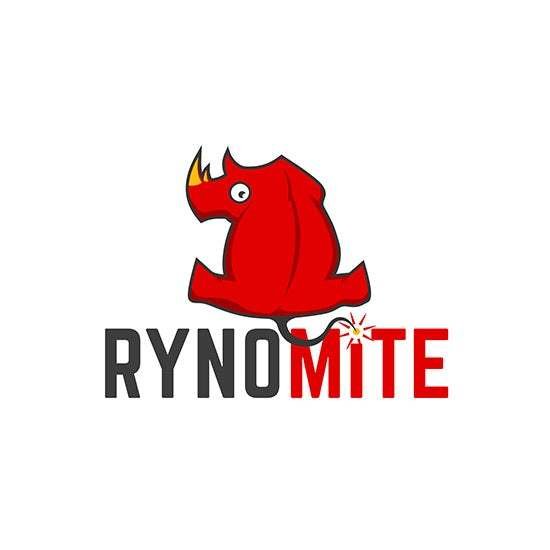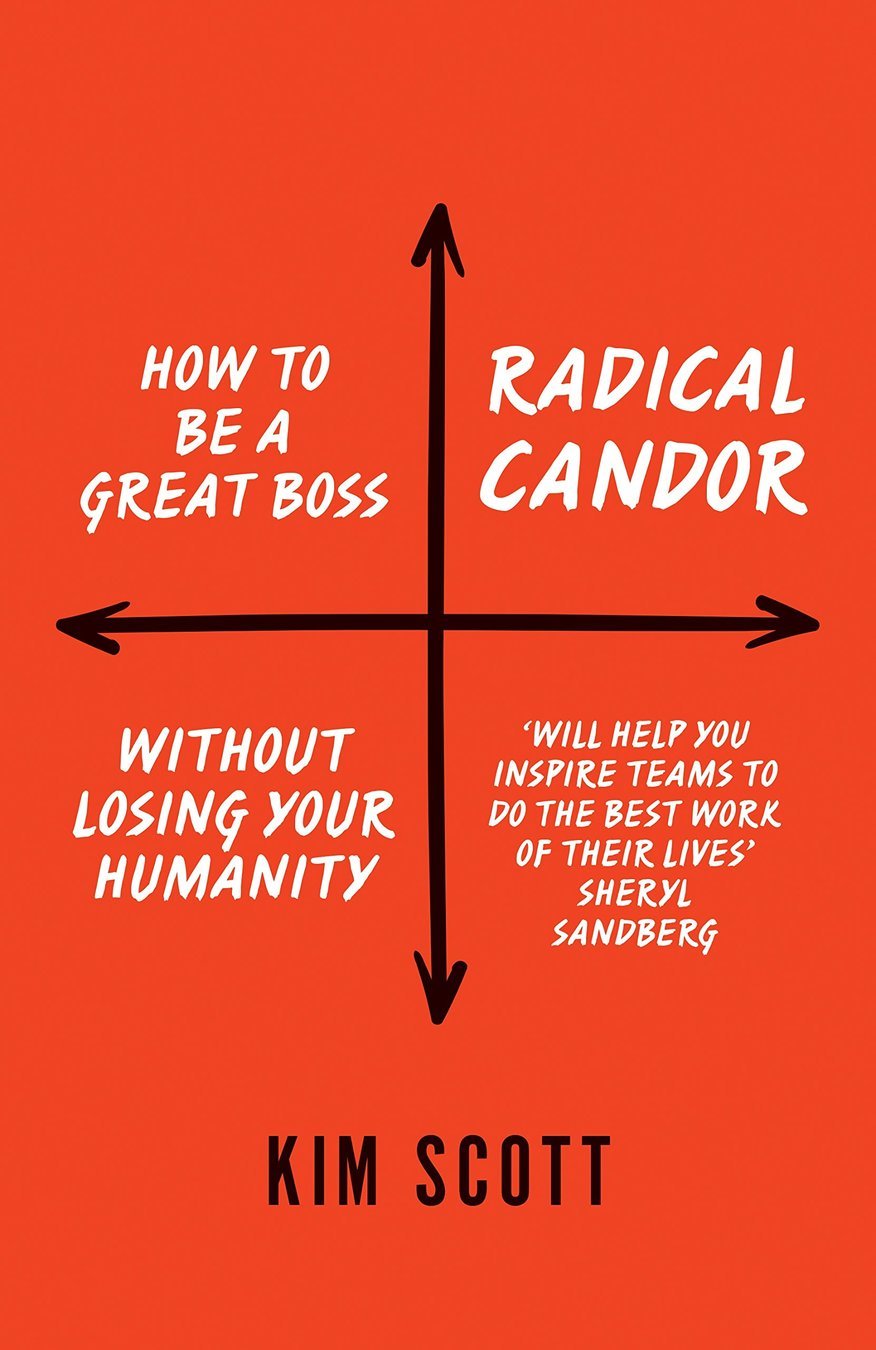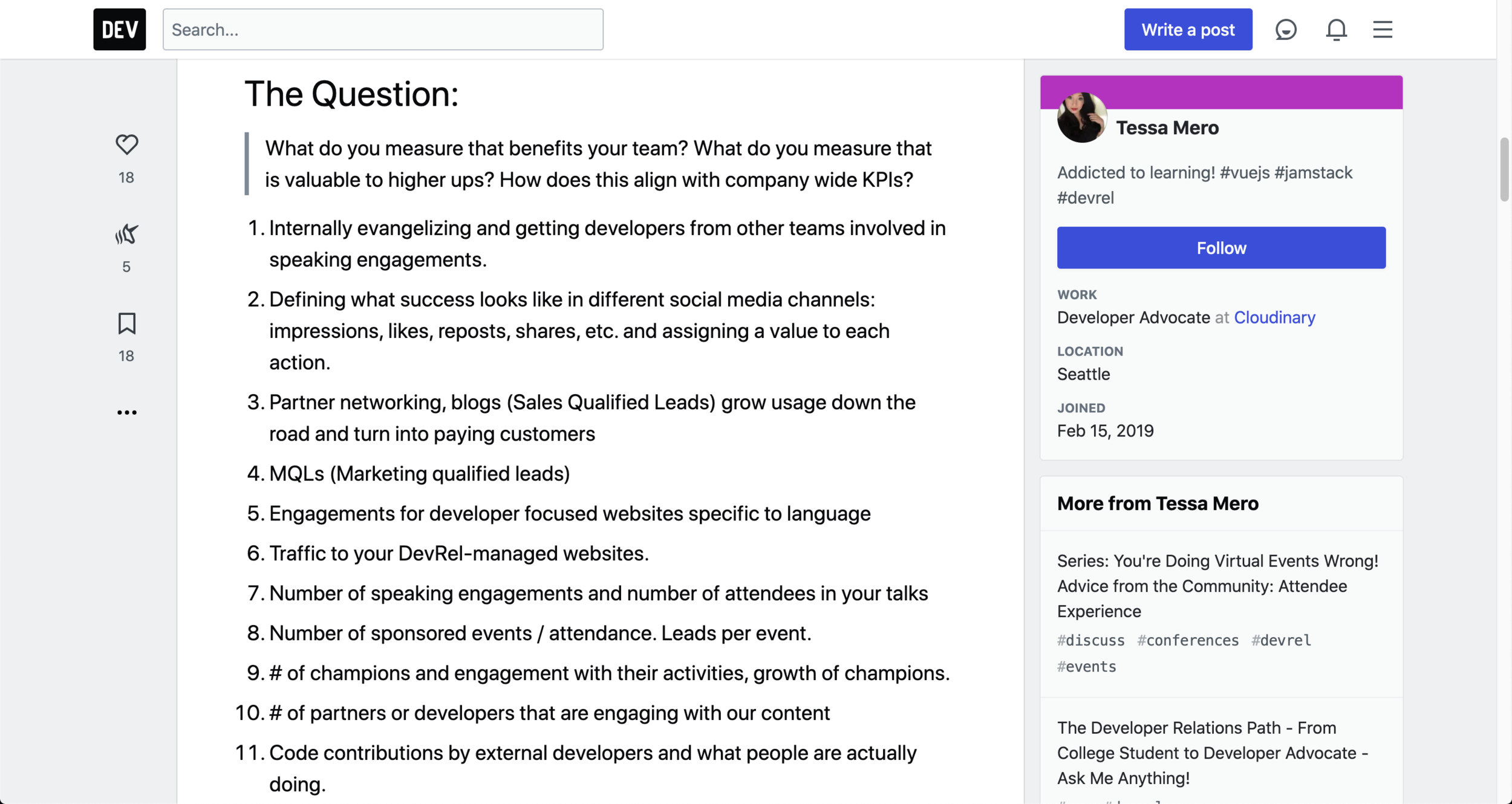Creating the
DevRel Identity
for your company


Hi, I'm Ben (aka @obensource)!






Howdy
Howdy
Howdy

The sources for this talk
are derived from:
First-hand experience

Well documented
best practices

Countless conversations
with the wonderful people in this space, from:
Microsoft
IBM
Amazon
Apple
Atlassian
Adobe
Slack
et al (not exhaustive).
Assumptions
This is a 'ground up' talk that tries to address a spectrum of business contexts and concerns.
Some of this may be well known or in practice for you if you already work in a mature DevRel program.
We're all in this together.

Imagine...
You're the very first Developer Advocate
at your company

Your task?
Create:
World Class
Developer Offerings
Scale:
Product Gravity
through the adoption of your APIs
"Build a community around it"
communities


Oh, and by doing all of that effectively
you'll...
🥾 Bootstrap
🛠 Maintain
📈 Evolve
Your company's DevRel Program ✅
So...
How do you start
making this task
unambiguous?
¯\_(ツ)_/¯
Let's frame this
in terms of quality
Inputs & Outputs
Study your leadership's
structure and
communication dynamics
(they are the gatekeepers of your role's success)
(Inputs)
Joe's App Shack
(small business)

"We build ‘em, you sell ‘em."
DevRel
Devs
Design
PM
Product
Lead
Devs
Sales
Marketing
Slick
(mid-sized business)

"The Slick way to do business communications"
Microhard
(enterprise business)

"If you don't subscribe already, you will soon."
Serve first, ask later.
Part of the
DevRel scope
is the
Developer Persona
(Inputs)
Has your
surface area been defined for you by your leadership?
No? Then you can define it before someone else does.
What's your position within the company's structure and power dynamic?
(Inputs)
What do they
think of you?
And how do you know?
You're working between the
tension of
two philosophies
in residence
(and continually validating the existence
of your team in relation to them)
One: Rising the Tide
(Most Important: Shared Value)

"A rising tide lifts all boats"
–Anonymous
Organizations who tend to care about this the most
- DevRel
- Misc Engineering Teams & IC Developers
- Open Source Programs Offices (OSPOs)
Two: Beating the competition with a monolithic product
(Most Important: Capital growth, and scaling sustainability)

Organizations who tend to care about this the most
- Investors
- Product Leadership
- Marketing
- Business Development
DevRel lives in
the 'eye of the storm'
Rectifying the alignment of
the rising tide and product sustainability
(Eg. Proving the business value of supporting standards, while delivering your part of the 2 year product roadmap)
Output Frameworks
(Outputs)
(Outputs)
"Create content first, help grow the community, and with that – refine the product."
– Seth Juarez, Cloud Advocate @ Microsoft
Continually
creating content
is a primary thing
This unifies your narrative publicly, and privately.
Take advantage of the uniqueness of your role
(Outputs)
Apply Radical Candor
(your agnostic position is a privileged one)

Set up regular
(or periodic)
check-ins with your stakeholders
Co-collaborate as much as possible.
Is what you're doing in-tune with what they care about?
Solidify your usefulness across the company
(Outputs)
Do things that
people care about
Align your OKRs & Roadmap with your org and across company verticals
OKRs and roadmaps are community bridges!
Also take Agency of
(Aka Co-Own)
Culture
Communication
Collaboration
Education
Identify & Relieve Product Thresholds
Advocate for community interests in developer marketing
(Authentic Narrative)
Internally educate your non-technical organizations on developer persona
best practices
Principals for
Solid Output
Regular content creation cadence
Contextualize your KPIs to how your leadership tracks progress
Define what your DevRel team's Qualified Leads are
up front
(For more: read "DevRel Qualified Leads" by Mary Thengvall)
(Outputs)
Use Friction Logging for output validation
(For more: read "An introduction to friction logging"
by Aja Hammerly)
(Outputs)
Prioritize
regular feedback from peers and colleagues
across teams & company organizations
(Outputs)
Output Measurements
Disclaimer:
Different output measurements mean different things to different people at different sized companies.

Check out The DevRel community's blog on DEV for an exhaustive list to spring from
Most of the time, it's the money that talks
Eg. 'How many subscriptions to your service were a direct result of the OKRs you set?'
(Outputs)
Regularly capture and synthesize
first-hand product feedback and use comparison language
(Outputs)
Define your
DX benchmarks
'How long did it take an average user to go from no exposure to our API to having something meaningful on their screen?'
(Outputs)
Categorize your KPIs by
stakeholder persona
(Outputs)
Other things worth measuring
(for your own growth)
The consistency of your narrative across your domain
(Eg. Am I saying the same thing in my Code as I am my Blogs and Tweets?)
Relational integrity with teams & orgs
(Eg. 'How often do we check in?')
Groundswell Support
('How many people said they agree with me on my position?')
(Outputs)
What are the results
of all of this?
Strong Opinions.
Created, fostered, delivered.
Created
Data
Shared Values
Bridge Building
Agency
(Outputs)
Fostered
Groundswell support
Effective Performance Measurements
A consistent, inspiring narrative
(Outputs)
Delivered
Great DX outputs that scale your company and community over time
(Outputs)
Thank you!
Twitter: @obensource
WWW: obensource.com
Mail: ben@obensource.com
Creating the DevRel Identity for your company
By Ben Michel
Creating the DevRel Identity for your company
Delivered at DevRelCon Earth 2020! 🌍🌎🌏
- 1,179


